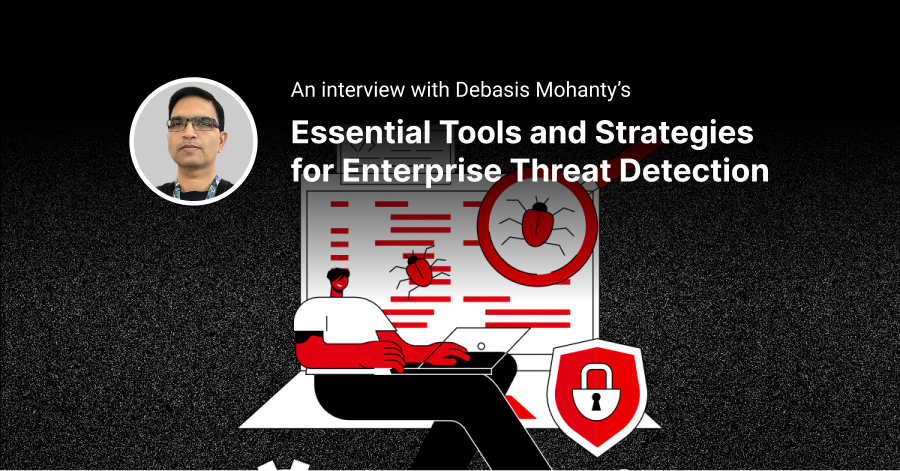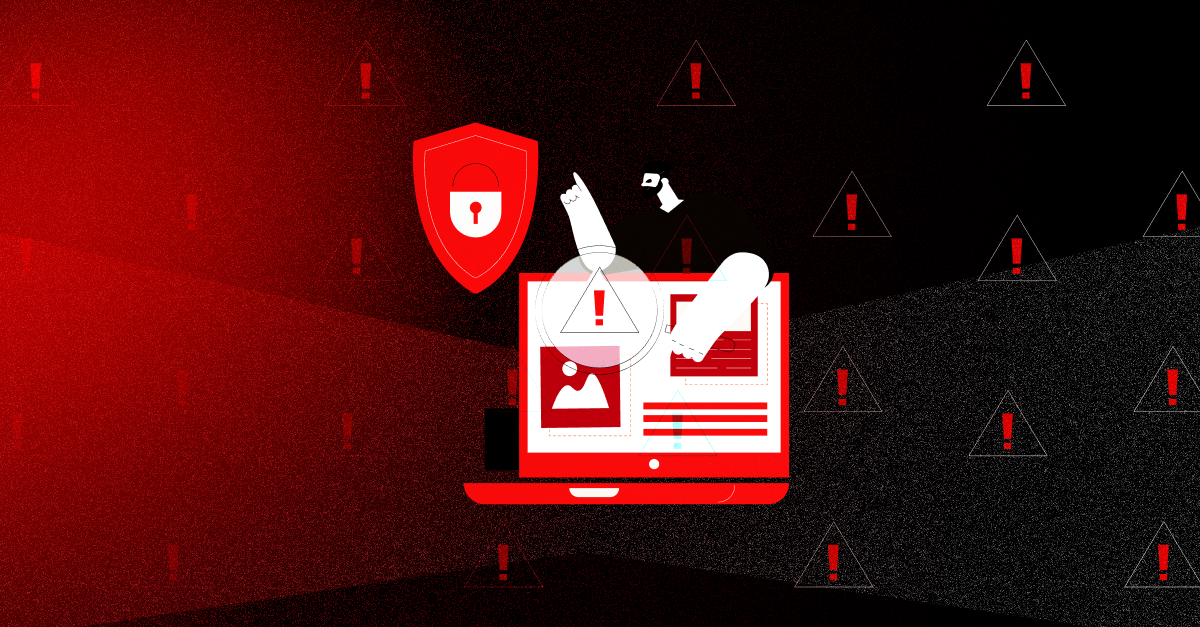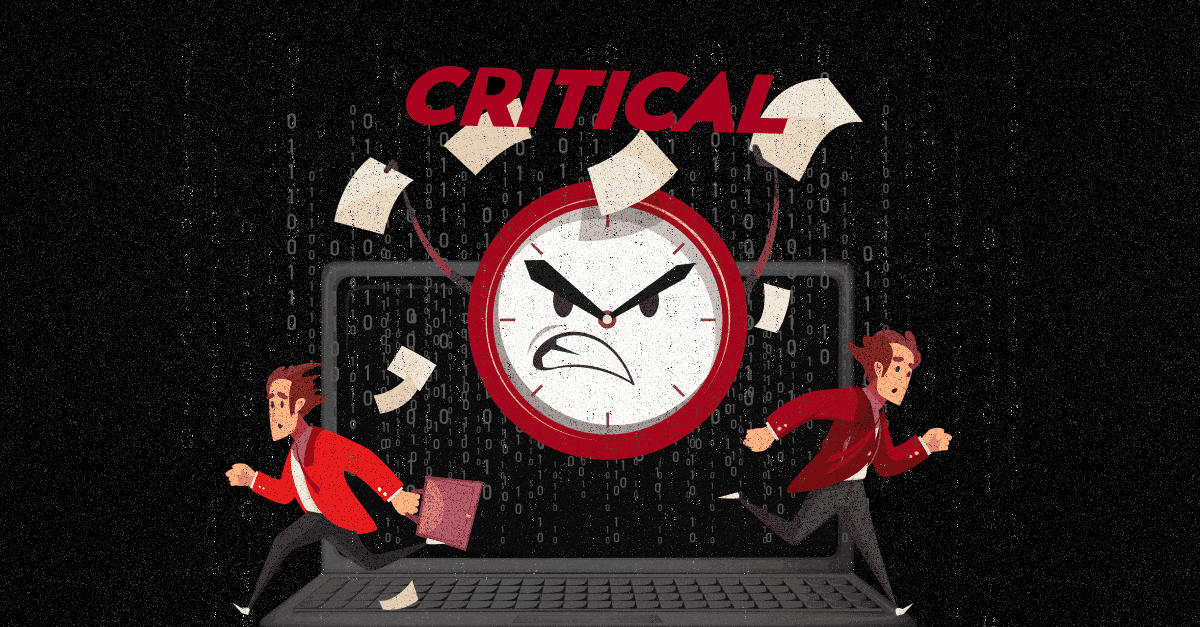Data breaches pose a significant threat to businesses, with far-reaching implications on the financial and reputational well-being of organizations. But could there be consequences beyond the immediate costs of the breach? Ones that extend beyond the obvious?
While the effects on customer trust and financial stability are widely acknowledged, this blog post talks about the lesser-discussed consequences of data breaches that can have a lasting impact on organizations. From strained executive relationships to the loss of prospective employees, let's explore some of the hidden costs of data breaches.
Strained Partnerships: Damage to Business Alliances
A data breach is no longer an uncommon occurrence in the world of technology. Today, big businesses and small businesses alike are being targeted by cybercriminals everywhere.
In 2022, 43% of organizations reported a data breach, 8% higher than in 2021.
And when asked about the impacts of cyber attacks on their businesses, they reported enterprise reputation (79 percent), data breach concerns (70 percent) and supply chain disruptions (54 percent) as their main concerns.
Other common consequences of cyber attacks include: fines, costs to mitigate the attack, lost productivity, and lost revenue.
In the next section, we're going to explore how some of these effects can have a lasting impact on businesses.
Intellectual Property Theft: A Blow to Innovation
In addition to customer data, a data breach can result in the theft of valuable intellectual property. Competitors or malicious actors may exploit the stolen information, undermining a company's competitive advantage and hindering innovation. Stolen intellectual property can be used to replicate products, launch competing offerings, or gain unfair market advantages. The loss of intellectual property not only impacts the company's current operations but also limits its ability to drive future growth and maintain a distinctive edge in the market.
Market Share Erosion: Impact on Business Competitiveness
A high-profile data breach can erode a company's market share, particularly if competitors capitalize on the incident to enhance their own security measures. Customers may switch to alternative providers who offer a sense of security and prioritize data protection. The negative publicity and loss of trust can make it difficult to attract new customers and retain existing ones. As market share dwindles, the company may struggle to remain competitive, impacting its revenue, growth prospects, and overall sustainability.
Regulatory Scrutiny: Heightened Compliance Burdens
Following a data breach, businesses may face increased regulatory scrutiny and stringent compliance requirements. Regulatory bodies may conduct investigations, impose fines, or demand enhanced security measures to prevent future breaches. Compliance costs, such as hiring dedicated data protection officers, conducting audits, and implementing additional security measures, can strain resources. Failure to meet regulatory obligations can result in further penalties and damage the company's reputation, making it challenging to regain regulatory trust and credibility.
Brand Dilution: Negative Impact on Consumer Perception
Beyond the immediate aftermath, a data breach can lead to long-term damage to a company's brand image and consumer perception. Negative media coverage and public perception of incompetence in safeguarding data can tarnish a company's reputation for years. The breach may be associated with words like "insecurity" or "unreliable," impacting customer confidence and loyalty. Rebuilding a brand's reputation takes significant time, effort, and resources, as the company must demonstrate a genuine commitment to data security and proactive measures to prevent future breaches.
Investor Confidence: Implications for Funding and Valuation
Data breaches can erode investor confidence, resulting in decreased funding opportunities and potential devaluation of a company. Investors may be wary of supporting organizations that have experienced breaches, perceiving them as higher-risk investments. The breach can lead to decreased stock prices, affecting market capitalization and overall valuation. Diminished investor confidence not only impacts immediate funding but also hampers future growth prospects, partnerships, and M&A opportunities, making it difficult for the company to attract investment and secure adequate resources for expansion.
Operational Disruption: Productivity and Efficiency Challenges
The fallout from a data breach can disrupt internal operations, causing a decline in productivity and efficiency. Remediation efforts, employee training, and implementation of new security measures may divert resources and distract from core business activities. The need to rebuild systems, enhance security infrastructure, and educate employees on data protection practices can lead to increased workloads and heightened stress levels. The operational disruption can result in missed deadlines, delayed projects, and decreased employee morale, impacting the overall performance and effectiveness of the organization.
Customer Churn: Loss of Long-term Loyalty
While immediate customer backlash is expected, a data breach can lead to long-term customer churn. Disillusioned customers may hesitate to engage with the breached company in the future, impacting customer retention rates. The breach damages the trust and loyalty built over time, and customers may seek out competitors who prioritize data security. Losing long-term customers not only affects revenue in the short term but also undermines the potential for repeat business, referrals, and positive word-of-mouth, which are critical for sustained success.
Conclusion
Network penetration testing is an invaluable tool for identifying vulnerabilities, addressing weaknesses, and fortifying your defenses.
Remember to follow best practices, obtain proper authorization, and engage skilled professionals to maximize the benefits of network pen testing. Embrace the proactive approach of ethical hacking to ensure the resilience and security of your network in the face of ever-evolving threats.
How would you like to access decades worth of cybersecurity experience and expertise at your fingertips? We've codified our collective expertise into our automated pen testing solution, EvolvePT. It automates just about everything, from reconnaissance, exploitation, lateral movement, post-exploitation activities, privilege escalation, password cracking and so much more.
What's more, you don't have to hire more staff or pay large consulting fees because our team of certified pen testers will already be on your side.
Book a demo with one of our experts today to see how EvolvePT can help secure your network.







